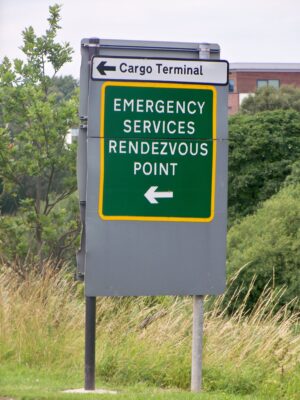08.08.20A Rendezvous with the Importance of Pronunciation

Rendezvus Point?
My daughters just came downstairs giggling. My older daughter gently teasing my littlest for asking her in a game what the ren-dezz-vuss (i.e. rendezvous) point would be. “No silly,” said my elder. “Ron-day-voo.”
But as I told my littlest, she should be proud. The mispronunciation meant that she’d learned the word through reading–she’d never heard it pronounced but knew it from books.
In this case, ironically she had also learned the word “rendezvous” through conversation… she knows it when she hears it, she just doesn’t connect her reading-based word knowledge with her listening-based word knowledge because of the incongruity of pronunciation. Every once in a while you get parallel but disconnected word knowledge like this. (For me there was the word In-NOV-ative which when i was little I for years thought was a separate word from innovative.)
Which is why it’s a tiny but important reminder how important it is to teach students to pronounce new words as they encounter them in reading. To simply say, when we and they come across a word, “that word is ‘ron-day-vous’ can be as important as the definition. (This by the way is yet another argument for students reading aloud.)
The story reveals that half of my my daughter’s interactions with the word, with its shades of meaning and applications, was disconnected from the other half. If at some point she’d have known how to say it, she would have accelerated her learning about the word. Times ten in other cases because what kids often do when they don’t know a word is to skip over it. Once you can pronounce it, even if you’re hazy on meaning, you attend to the word and start learning.
